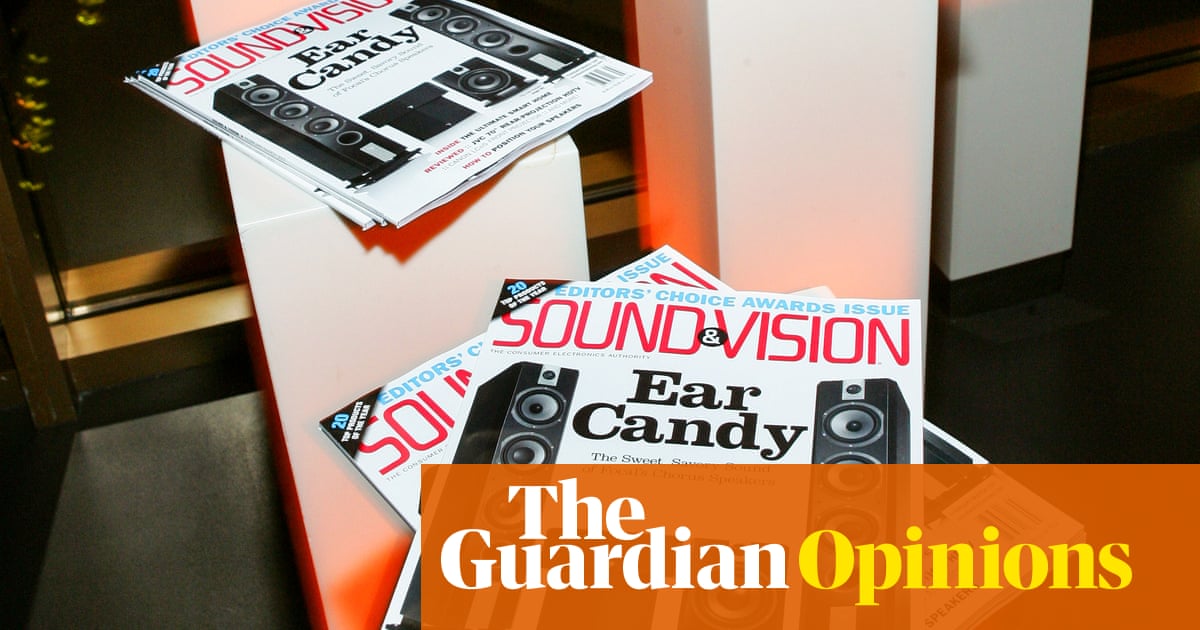Clickbait, comments and screen apnea
The complexities of clickbait, the problem of scale in comments — and why you're breathing wrong when you're staring at a screen…

Clickbait is more complex than you might think
One of the fine lines we find ourselves walking in audience work is that between headlines that trigger curiosity — and those which have become clickbait. To some degree, the discussion around clickbait has died down, as social traffic has become less important in the overall acquisition mix — but the art of attracting the reader in an age of analytics and information overload is still a tricky one.
So, I rather enjoyed this piece by Holly Baxter on the “before and after” of newsrooms through the transition to digital:
What do you learn in a newsroom? Some people learn not to have an ego, others develop one. I’ve seen people walk around like the farm’s chief cockerel because their piece did 100,000 uniques on a Thursday morning. I’ve seen celebrities pull out of interviews because someone on the Opinion desk wrote an unflattering op-ed about them once, and they Googled it before sitting down with a culture writer. I’ve seen stories about pansexual beauty pageant winners selling sex toys fail to rank, and 4,000-word features about the Cambodian genocide do crazy numbers. What I’ve learned—infuriatingly, to the people at the top of the tree—is that readers are unpredictable. Sometimes their basest instincts can be manipulated for money, but other times they’re just not interested.
Worth noting: she's got a novel to sell to readers, which is the reason for the piece. And guess what it's called?
Yup. Clickbait.
The comments section
Charles of the Clan Arthur, on his Substack:
One does have to ask: what is the purpose of having comments underneath news articles? They’re highly unlikely to lead to people being better informed: even though you will get the occasional knowledgeable commenter, they’ll almost certainly be drowned out by people who are wrong telling them they’ve got it wrong. (What isn’t often pointed out about the Dunning-Kruger curve is that there are lots more people down in the You Are Wrong part than the Yes, That’s Correct part: the ratio’s about 3:1.)
It's a good meditation about the role of comments in journalism, his only real answer to “why have comments?” is “to boost dwell times and get more ad impressions”, which is a very national newspaper view. Comment sections — well managed comment sections — can be an incredible source of community and loyalty for a publication.
But it's way easier to achieve that at the scale of a niche publication than it is on a national. In my B2B magazine days, our comments sections rarely got out of control, and were an invaluable source of stories, contacts and genuinely created a sense of fellowship between journalist and reader. But even the biggest B2B title is working at a much smaller scale than the sorts of comments sections Charles is talking about here.
I hope The Spectator never gets control of its comment section, though. It's my go-to example of an unmanaged comments section going completely toxic.
Comments are open on this post, by the way. And on Charles's…
Obituary: Sound & Vision magazine
While I was away, another magazine died. Well, probably more than one, but this one had a founder to write a nostalgic article to commemorate it. It contains this sobering insight:
I majored in magazines at Syracuse’s journalism school. Every magazine I’ve worked for over the decades has joined the dustbin of history; I guess what I really majored in was obituary writing.
I suppose I should be glad that one publication I worked for is still publishing a print edition.

And finally… do you have screen apnea?
You might have heard of sleep apnea, but what about screen apnea?
She recruited dozens of friends and colleagues to sit at her computer answering emails while she monitored their pulse and heart rate variability. Of those participants, 80% had what Stone coined "email or screen apnea" — shallow or suspended breathing while working on a screen.
One member of my family suffers from this. And now I'm left thinking that it could be more serious than we'd considered…






